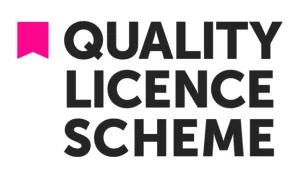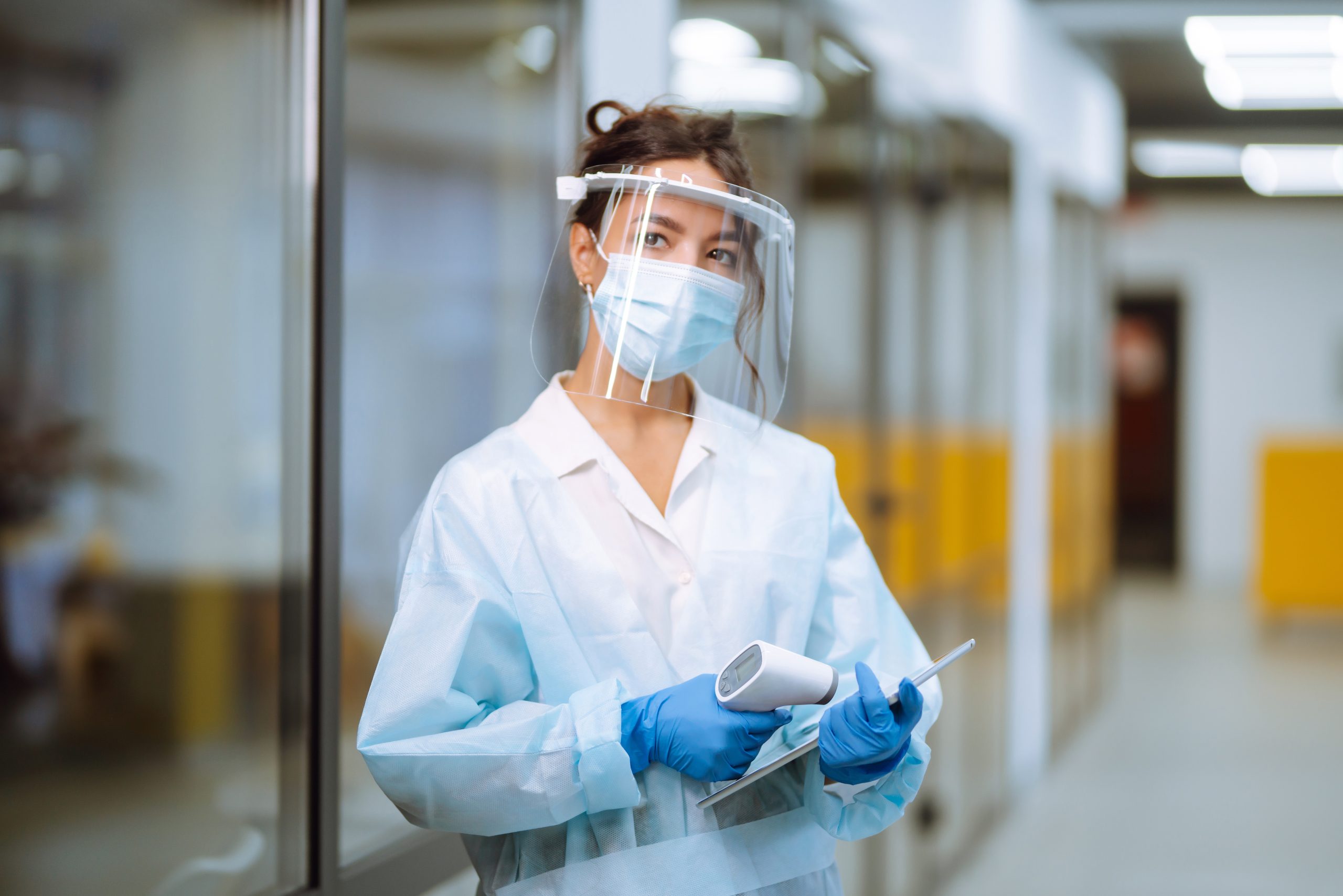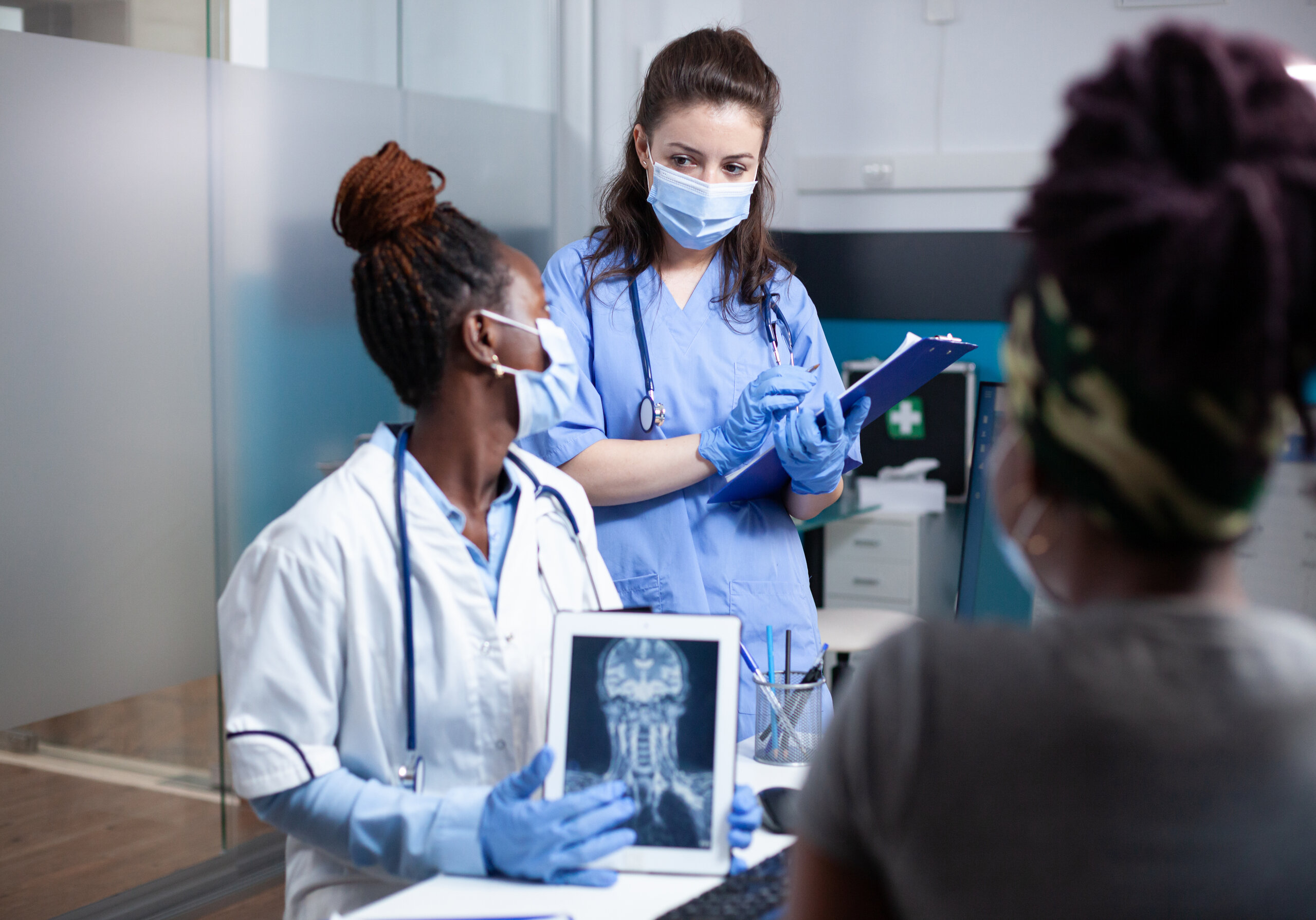Welcome to Open Learning College – Change your career, Increase your salary, and Improve your life.
 Course Overview
Course Overview 
Embark on a transformative learning journey with the UK’s most innovative home study provider, offering courses designed to unlock your true potential and facilitate the career change you desire. Access our distance learning courses directly from anywhere, anytime, and acquire industry-recognised Professional Qualifications essential for advancing in your career.
Specifically, explore the flexible and convenient Infection Control (Level 3) course, an ideal way to gain a diploma qualification. Whether you aim for further education, improved job prospects, or expanded knowledge, this comprehensive course allows you to prepare thoroughly for exams or careers through home study. Plus, it’s structured to be accessible and beneficial even if you have no prior knowledge in Infection Control.
The best alternative to finding cures to illness is prevention and limiting the spread of diseases. Everybody has responsibility to do this, but this is particularly important in certain professions such as for healthcare and food workers. It is relevant and important to have knowledge of antibacterial products, processes and practices. Increasing standards required for public premises also means that many individuals will be expected to manage infection control protocols and processes within their place of employment (for example schools, pubs, restaurants and even offices). The benefits of effective infection control are unquestionable in terms of wellbeing and the prevention of spread. We only have to think about influenza and threats of pandemics to realise the speed and extent of infections when they take hold. The course has 10 modules, each of which will build upon the knowledge of the previous one.
 Course Key Topics
Course Key Topics
the Infection Control (Level 3) course is divided into 10 modules.
Module 1: Infection control: past and present
In this module we will look at the historical origins of infection control, an in depth look at key pandemics such as the Black death and smallpox and the historic progress leading to practices to the present day. This helps to explain exactly what is meant by infection control, what can be learned from past case studies and contextualise it within various settings and environments. We will also examine the current strategies and plans for the future of infection control and look at how it affects the lives of individuals. Extremely topical is the rise and spread of Ebola today.
Module 2: Anatomy and physiology relevant to infection control
The first point of controlling an infection is to understand its impact on the human body and how we can try to prevent and fight the pathogen. This modules start by looking at the anatomy and physiology relevant to how and where the human body reacts to infection and copes with it. The structure and function of the immune system is investigated, together with the pathogenesis of infection. We define immunity, understand the auto-immune system, antigens, antibodies and look at vaccinations in detail. A historic overview of vaccinations helps build knowledge of how they work and how new types can be made. Barriers to infection such as the skin is looked at in detail.
Module 3: Cause and spread of infection
This module looks at what causes infection and how it spreads in both animals and plants. In order to understand these concepts better we will be looking at the microscopic structure of cells and function of viruses and bacteria from how they grow and develop in order to cause infection. An understanding of the optimum conditions needed for organisms helps us look at ways of controlling them or preventing spread, such as placing food in fridges or pasteurising milk. This topics ends with information about when children need to be vaccinated and with which course of treatment. Similarly adults require suitable vaccination when travelling.
Module 4: The prevention and control of infection
It is surprising that people still do not realise the importance of washing hands after using the toilet. Here we will examine the principles of basic hygiene, surface cleaning and personal protection used in infection control. Detailed information on the appropriateness of proper cleaning and hygiene are shown particular in professions involving care and food. The module will also look at barrier and isolation nursing, together with safe practice within care situations. Accompanying these topics will be the safe disposal of hazardous material and decontamination techniques.
Module 5: Healthcare associated infection
The rise of infection such as MRSA, even in death for patients in hospital is of particular concern and so needs to be addressed. This module will specifically address infections associated with hospital in patient stays, care home residence and other infection which is typically seen in healthcare environments. Examples such as surgical wound infection, aseptic techniques, hospital-acquired pneumonia and bloodstream infections will be examined in detail, together with the relevant anatomy and physiology to show the impact of these diseases on the human body, and how to limit and prevent spread.
Modules 6 and 7: Antimicrobial resistance
In these two modules we look at the historic origins of antibiotics and the various processes used in their production, e.g. Biotechnology, Screening, and fermenters. We will also look at the principles of treatment with antibiotics, how they work and some common uses. Some specific infections will be examined in detail with their symptoms and treatment using antibiotics such as MRSA, E.Coli, C-difficile, HIV, Salmonella, TB, and others caused by fungus such as Ringworm and parasites e.g. Malaria. Within this module there will be a lot of microbiology but all terminology will be explained within the context of the course. There is a growing resistance of microbes to antibiotics especially in hospitals where they are used in high concentration. Why and how this occurs and the problem of increasing antibiotic resistance is discussed.
Module 8: Legislation
A summary of the history of public health reform in Britain is given. As with all industry there is a mass of legislation within the UK governing infection control practices, but even then we have seen the harm caused to the economy when we had outbreaks such as E. coli concerns in eggs and Foot and mouth disease. Legislation, e.g. the Health and Safety at Work Act, was written based on past problems and is regulated by bodies collecting and collating data, so how it is interpreted within specific environments and contexts to maintain infection control is discussed. Some diseases have totally been eliminated in the UK, however TB is now growing due to movement and migration of people. Vaccination of children is covered as this is a key form of infection control, this was proved when many parents refused to give their children the MRNA vaccination which caused the rise of Whooping Cough. Organisational policies and procedures, together with example roles and responsibilities of individuals in the workplace is discussed e.g. how to dispose of hazardous waste.
Module 9: Risk assessment
Here we look at how to identify hazards, their level of harm and assess the ensuing risks. Then we will look at how the risks are recorded, addressed and reviewed in order to comply with the relevant legislation and codes of practice. Strategies to address potentials risks to the person e.g. in caring for the elderly, leads the discussion on who has roles and responsibilities to manage risk completes this topic. Recently we saw this being carried out in practice when the possible spread of Ebola in the UK was trialled, risk assessment and how its spread could be halted was tested. Which training and policies employers must provide, how risks are monitored and evaluated/ controlled in the workplace is covered with real case studies.
Module 10: Collection and transportation of samples in infection control
In order to establish whether any infection is present, samples must first be collected and analysed. How to take samples safely and following precautions is shown. The most common tests and methods used in the laboratory for blood e.g. the C-reactive protein test, urine e.g. test for Diabetes, and culture samples e.g. of the throat to test for certain Bacteria using the Gram-stain tests is investigated. Discussion on how to dispose of Biological waste ends this course.
(Please click on the curriculum tab above to see a detailed view of each module)
Course Content
Infection Control (Level 3) – FREE Starter Pack
How to…. (a series of explainer videos)
Module 1 – Infection control: past and present
Module 2 – Anatomy and physiology relevant to infection control
Module 3 – Cause and spread of infection
Module 4 – The prevention and control of infection
Module 5 – Healthcare associated infection
Module 6 & 7 – Antimicrobial resistance
Module 8 – Legislation
Module 9 – Risk assessment
Module 10 – Collection and transportation of samples in infection control
Course Resources
Final Exam
College Announcements
🔍 Unlock the Infection Control Level 3 with £50 OFF the Course! 🌐💉
Ready to step into the critical world of infection prevention?
For a limited time, seize the opportunity to enrol in our Infection Control (Level 3) course with an exclusive £50 discount!
Use code INFECTION50 at checkout before the month concludes!
🌟 Why Choose Our Infection Control (Level 3) Course
Presented by Open Learning College, this course is your pathway to mastering the principles of infection prevention. Dive into comprehensive modules covering essential topics—from understanding pathogens to implementing control measures. Gain practical insights into maintaining a safe and sterile environment, crucial for various industries.
💡 What Makes Our Course Shine
Expert Guidance: Benefit from experienced tutors providing support throughout your learning journey.
Real-World Skills: Acquire practical knowledge crucial for success in infection control.
Flexible Learning: Tailor your studies to your schedule with 24/7 access to course materials.
Don't miss this chance to unlock the secrets of infection control at a discounted rate! Enrol now, use code INFECTION50* at checkout, and embark on your journey towards becoming skilled in infection prevention. 🌐💉
*This discount code cannot be used in conjunction with any other offer









 Get Social!
Get Social!











Emily Turner